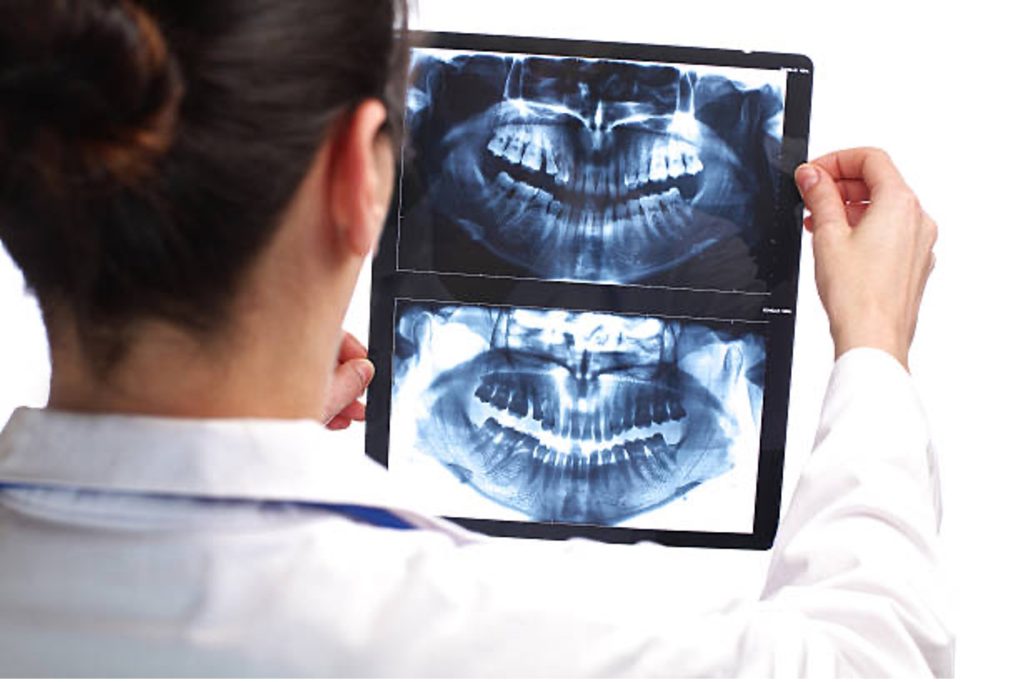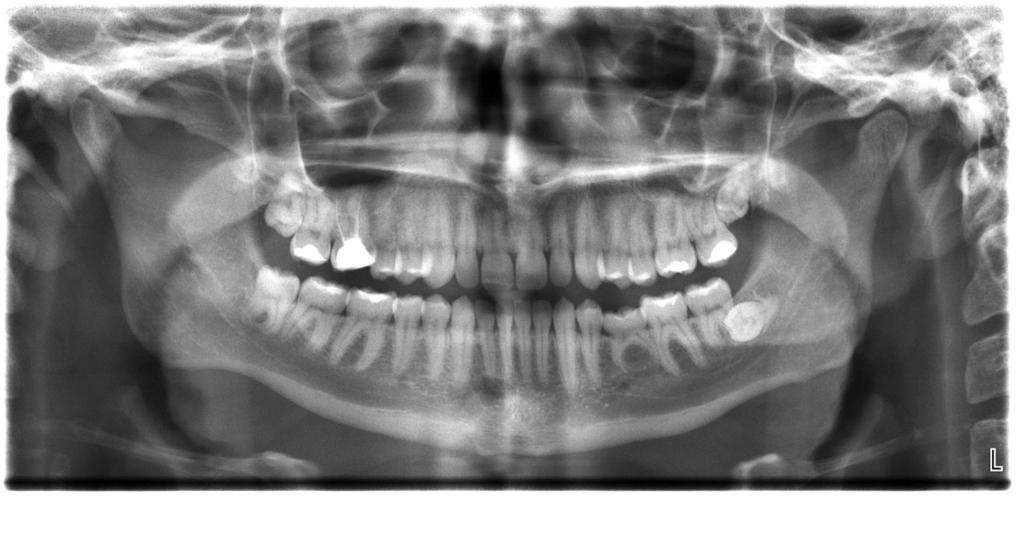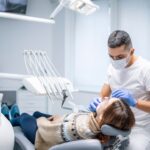Did you know that dental x-rays are one of the most important tools in preventing and detecting oral health problems? Dental x-rays allow your dentist to see between your teeth and below the gums, which is where many oral health problems begin.
Surprisingly, many people do not realize the importance of dental x-rays and, as such, do not get them done regularly. This post will discuss the importance of dental x-rays and why you should get them done regularly.
What are dental x-rays?
Dental x-rays are a type of radiograph used to capture images of the teeth and bones says this dentist in Williamsburg. They are an important part of any dental exam as they allow your dentist to check for problems in your mouth that cannot be seen with the naked eye.
There are two types of dental x-rays: intraoral and extraoral. Intraoral x-rays are taken inside the mouth and are the most common type of dental x-ray. Extraoral x-rays are taken outside of the mouth and are not as common.
How do dental x-rays work?
Dental x-rays provide a wealth of information about your oral health. They work by passing a small amount of radiation through the teeth and bones. This radiation is captured on film or a digital sensor, producing an image your dentist can examine.
The type of dental x-ray taken will depend on what your dentist is looking for. For example, if your dentist is looking for cavities, they will likely take an intraoral x-ray. However, if your dentist is looking for problems with the jawbone, they will likely take an extraoral x-ray.
What does a dental x-ray show?
Dental x-rays show a lot more than just cavities. In fact, they can show problems with the teeth, gums, and jawbone. They can also show evidence of mouth diseases such as periodontitis and gingivitis.
However, dental x-rays are especially useful in detecting cavities. This is because cavities often form between the teeth or below the gum line, where they cannot be seen by the naked eye. By taking a dental x-ray, your dentist can detect cavities in their early stages and prevent them from worsening.
Dental x-rays can also show other problems such as:
- Infections in the teeth or gums
- Tooth decay
- Cysts or tumors
- Problems with the jawbone
Importance of Dental x-rays
Dental x-rays are an important diagnostic tool that dentists use to detect potential problems with patients’ teeth and gums.
Dental x-rays can help dentists to detect cavities, tooth decay, and other problems with the teeth and gums that might not be visible to the naked eye. They can also help identify problems such as bone loss, decay beneath fillings, and positioning of teeth to aid in orthodontic treatment planning, as well as effective dental procedures like getting a dental implant. In the case of a dental implant, the dental x-ray evaluates the quality and quantity of bone in the area where the implant will be inserted, which is an essential part of the implant process and plays a crucial role in ensuring the long-term success and stability of the implant.
And while dental x-rays are an important part of oral healthcare, it is important to remember that they should not be the only tool used to assess oral health. A comprehensive oral exam by a qualified dentist is also necessary to ensure that all potential problems are detected and treated promptly.
How often should I get a dental x-ray?
The frequency of dental x-rays will vary depending on your individual oral health needs. For example, if you have healthy teeth and gums and no history of cavities, you may only need a dental x-ray every 6 months.
However, if you have a history of cavities or other dental problems, your dentist may recommend getting a dental x-ray regularly. Additionally, children and adolescents typically need dental x-rays more often than adults because their teeth are still developing.
Ultimately, the best way to determine how often you should get a dental x-ray is to talk to your dentist. Your dentist will usually take x-rays at least once a year, but you may need them more often if you have certain dental problems or are at high risk for dental problems.
Keep in mind that X-rays are quick and easy to take and are generally not painful.
Are dental x-rays safe?
Dental x-rays are considered to be very safe. This is because they use a very low dose of radiation, so they are safe for both adults and children. In fact, the amount of radiation you are exposed to during a dental x-ray is much less than the daily amount of radiation you get from things like the sun, televisions, and computers.
Still, it is important to remember that any exposure to radiation comes with some risks. That being said, the benefits of dental x-rays outweigh the risks. This is because dental x-rays can help detect serious problems in their early stages, which can be treated before they cause any permanent damage.
Nevertheless, if you have any concerns or questions about dental x-rays, ensure you speak to an experienced dentist. They will answer your questions and examine your teeth to ensure your dental health is on track.








